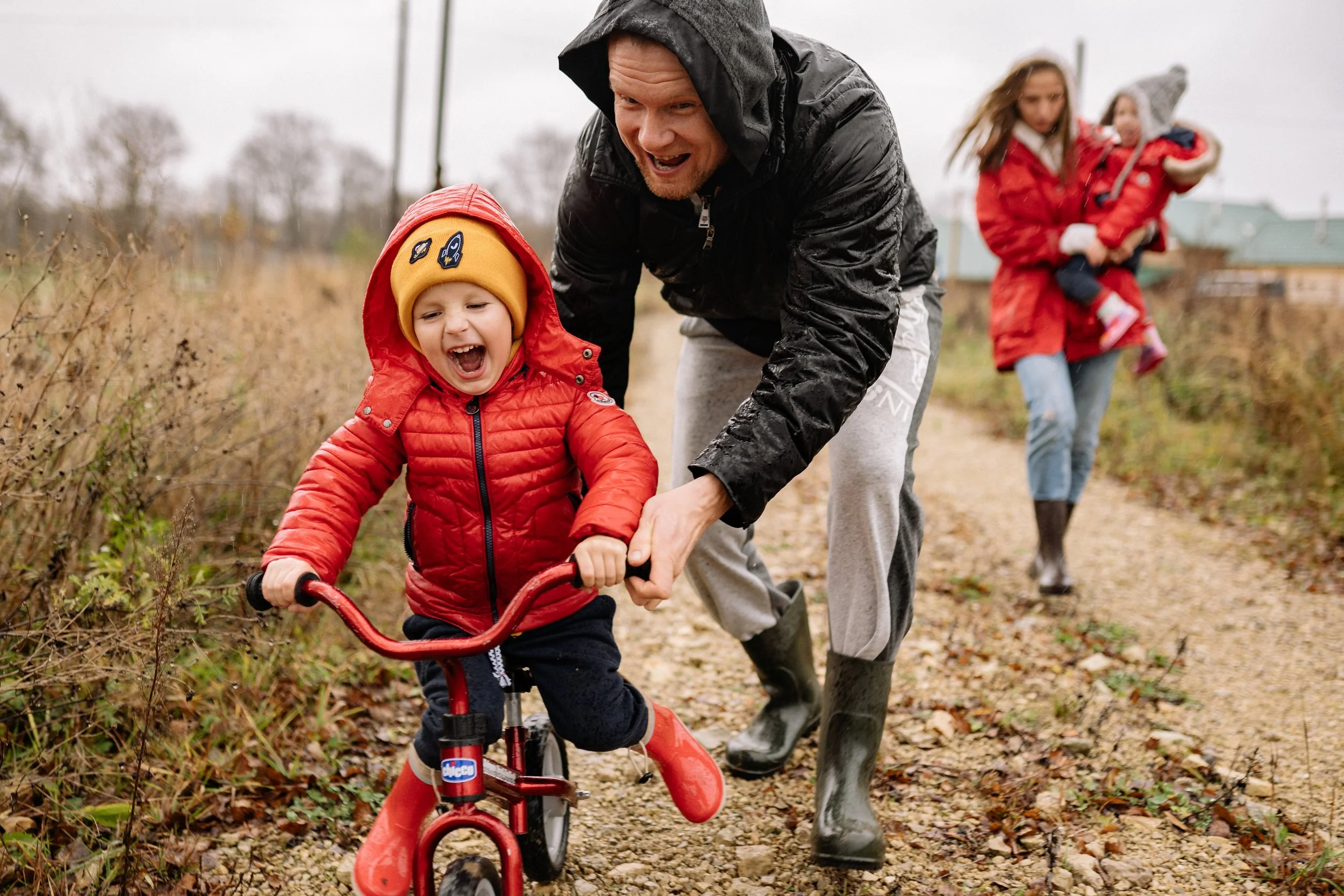6 reasons Dutch kids are the happiest in the world
It’s not a coincidence that the happiest parents and kids are from the same country - the Netherlands. American and British authors of ‘The Happiest Kids in the World’ Rina Mae Acosta and Mae Hutchison, both married to Dutch husbands, noticed the country’s relaxed parenting style and the confident, well-adjusted children it produces, unlike the increasingly anxious parents and kids back in their home countries. Dutch parents see happiness as a means to success, rather than success as a means to happiness, and encourage their kids to embrace this early on. So what does this look like for kids?
How are Dutch kids raised differently?
1. Dutch kids feel less pressure to excel academically at school.
Kids in the Netherlands are celebrated for their unique set of skills, and they understand that the report card is not an ‘end-all’ for whether they will flourish in life. This is the case as they are literally required to pass their high school exams to be accepted into a good university, as there are no ‘elite’ universities. Dutch kids feel confident about exploring their own strengths and social skills in an egalitarian school environment, with little pressure to churn out assignments or compete academically.
2. Dutch kids are confident in their social skills.
Schools represents an essential place for socialisation and from a young age, kids understand the importance of kind and supportive friendship groups. Kids value one-on-one friendships and often invite individual friends to their birthday parties rather than feel the need to include the whole class. Parents and schools teach kids to help each other at school, at home, when playing outdoors, and to lean on one another through difficulty or life changes.
3. Dutch kids play outdoors and spend less time on screens.
Instead of being sheltered indoors or running from one after school activity to another, kids spend lots of time outdoors and are encouraged to explore nature and play games with friends instead of watching TV or playing video games. Dutch kids are especially encouraged to bike everywhere, under all weather conditions. During vacations, families often go camping instead of staying at luxury resorts. This teaches them resilience and that life isn’t always sunny or full of rainbows, and they become naturally more adaptable.
4. Dutch kids are not overstimulated.
While many kids grow up in an environment that values stimulation and maximising learning opportunities, Dutch kids are raised with rest and routine, avoiding the overstimulation that causes restlessness and fear of boredom. These kids are well rested, have ample time for free play (which tires them out), eat on time, and sleep on time, as parents do not compromise on a solid eight hours of sleep per day.
5. Dutch kids are consulted on family decisions.
While maintaining traditional values of good manners and respect, Dutch parents are lenient with their kids and focus on more developing autonomy than obedience. Kids are free to do what they want within acceptable boundaries and begin to understand what they’re like, eventually who they are and how they fit into society. They are often included in family decisions and encouraged to express their opinion from a young age so they feel heard and accepted.
6. Dutch kids are not labelled ‘good’ or ‘bad’.
Happy kids can sometimes be naughty. However, there is no Dutch phrase that literally means ‘you are a good boy’ or ‘good girl’. Adults encourage children to repeat good behaviour by saying ‘thank you’ or ‘well done lad’, and make a point to stop bad behaviour immediately without shaming. As such, kids feel comfortable talking about how they feel and have less need to take frustration out through risky activities. It’s no conicidence that the Netherlands to have the lowest rates of teenage pregnancies and lowest cannabis use in the EU.
The takeaway
Contrary to much of what we have been conditioned to believe, the Dutch value simplicity, choose time over money, and teach children to appreciate what they have instead of always wanting more. These values, along with family friendly policies in the workplace, allow parents to work 4 day work weeks or part time, and for kids to spend lots of time with both parents. Dutch kids live in the moment and treasure relationships they have rather than focus on materialism, a result of spending much of their youth living in the real world, being included in adult discussions, and learning about they fit into society. While we may not live in the Netherlands, we can choose to integrate what we learn and find a more balanced way of raising kids that acknowledges happiness and confidence as a means to success.
We hope you found this helpful! If you need support, we offer 1:1 parent support sessions to help you relieve the stresses of parenting long term. Simply get in touch with us and we’ll find a time!

